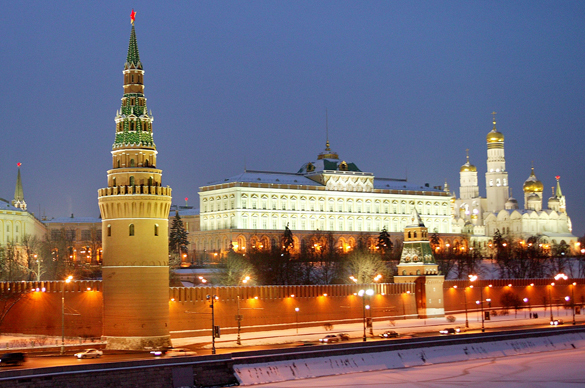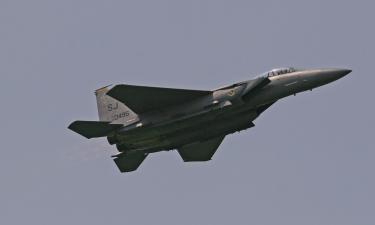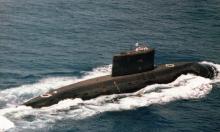If there is no Putin, there is no Russia

First Deputy Head of the Presidential Administration, Vyacheslav Volodin, used the phrase "If there's Putin - there's Russia, if there's no Putin - there's no Russia, " to convey the feelings of almost 90 percent of Russian citizens, Dmitry Badovsky, the head of the Institute of Socio-Economic and Political Studies said.
According to the expert, in the countries, where national leaders enjoy the support of less than 20 percent of the population, it is very hard indeed to understand that the Russian decision to reunite with the Crimea as a result of the referendum inspired the whole country. It is also hard, the expert believes, to understand that the imposition of sanctions against Russia consolidated the society even further, TASS reports.
"In this sense, Volodin's speech was very important and significant for experts, as the head of the Kremlin's domestic policy translated the views and feeling of citizens of the country," Badovsky said.
"Volodin expressed the idea that almost nine out of ten Russians knows and understands. It appears to me that owing to Volodin's formula, many participants of the Valdai Club received a better understanding of the causes of the Crimean consensus in Russia and the political consolidation around the Russian president," the expert added.
In turn, State Duma deputy Vyacheslav Nikonov believes that recent attacks on Russian President Vladimir Putin in Western media have become unprecedented.
"During the recent months, attacks not only on Russia, but also on the president of Russia have taken an unprecedented scale. I read American newspapers every day since 1976 and I can say that never before have they put so much pressure on Russia and its leader. Yet, Russia finds itself under pressure when the country is strong - this is the main reason why it happens," said Nikonov.
According to Nikonov, "an attempt to detach Putin from Russia, including theses of the opposition that there is Russia and there is the Russian leadership, is actually an attempt to harm Russia.
The eleventh meeting of international discussion club Valdai opened on October 22. More than one hundred political scientists from nearly 30 countries take part in the work of the club.
The main topic of the first day of discussion was Russia's internal politics. The discussion started with a question from a political scientist, the head of the World Security Institute in Washington, Nikolai Zlobin. He asked first deputy head of the presidential administration Vyacheslav Volodin how Western sanctions affected the domestic situation in Russia.
Volodin said that those, who thought that the sanctions would split Russia, were deeply mistaken. According to him, the Russians are well aware of the fact that "attacks on Putin mean attacks on Russia." Volodin referred to recent opinion polls, the results of which showed that 85 percent of Russians approve of Putin's work, whereas 66 percent of Russian citizens do not see any other presidential candidate in 2018 and want to re-elect Putin.
In conclusion, Volodin voiced the key thesis that, in his opinion, described the current sentiment of the Russian society: "If there's no Putin - there's no Russia."
A report from the head of the International Institute of Political Expertise Yevgeny Minchenko, who studied the balance of forces in president's team, said that Russia's reunification with the Crimea and the city of Sevastopol allowed the president to "significantly increase his electoral rating" and "to prevent the split of elites."
As a result, the cumulative influence of the president's inner circle has grown, and the imposition of sanctions by the United States and the European Union united those forces around the Russian leader. In connection with the "sharp rise of Putin's rating after the reunification with the Crimea, the subject of the race of successors in the president's circle has been removed", concluded Minchenko.
Pravda.Ru
Subscribe to Pravda.Ru Telegram channel, Facebook, RSS!




